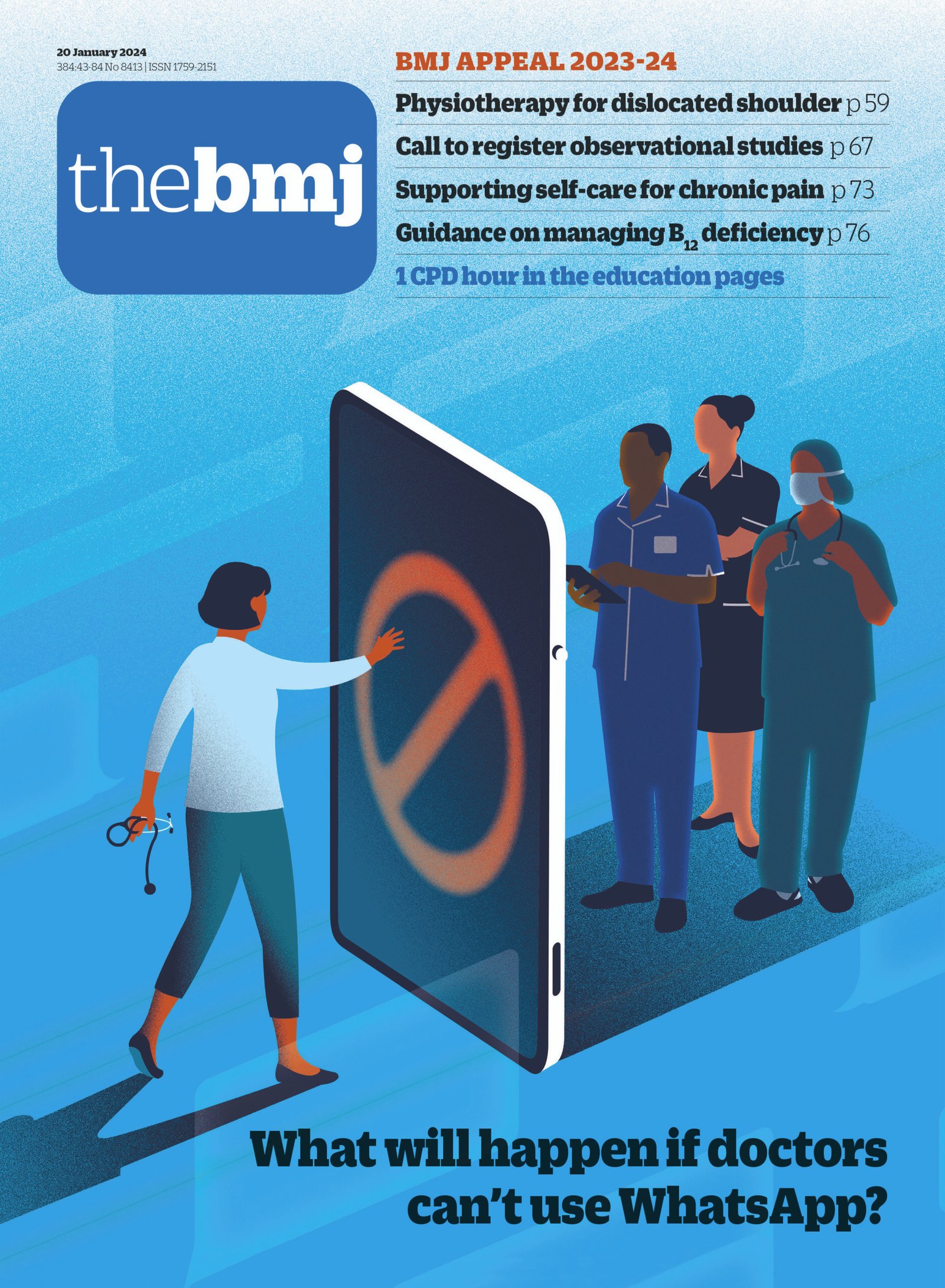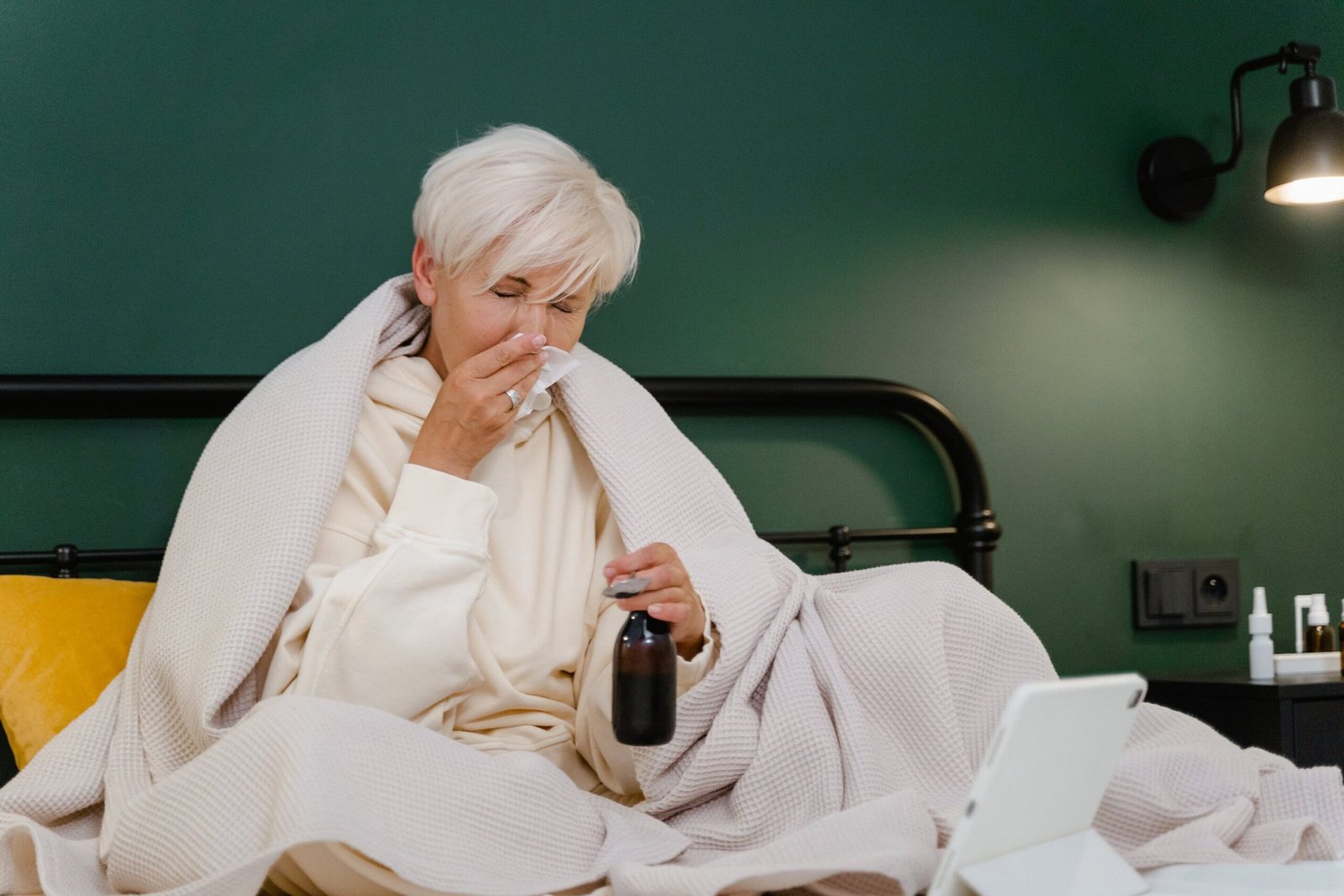- David Oliver, consultant in geriatrics and acute general medicine
- davidoliver372{at}googlemail.com
Follow David on Twitter @mancunianmedic
With the ongoing doctors’ strikes in England, nursing unions re-escalating their own campaign on pay, worsening morale and retention in health and social care, and growing disquiet among doctors about other clinical disciplines encroaching on their roles or training, healthcare groups on social media have become fractious. But are public platforms such as X (formerly Twitter), Facebook, or Reddit the best places for constructive, nuanced debate?
Later this month the General Medical Council (GMC) will update its guidance for doctors who use social media. These platforms have given practitioners immediate access to personal views and direct contact with even the most senior leaders and commentators. Earlier in my career you could phone a radio station, sign a petition, go on a protest march, write to your MP or trade union or a royal college or newspaper—but there was nothing so immediate, so public. When I was a junior doctor, for instance, we were deeply unhappy about a range of issues—hours, rotas, out-of-hours pay, attitudes of other staff—but we had no public forum to discuss them. Hence the cult status of the TV series Cardiac Arrest by Jed Mercurio, who was then a medical SHO, which reflected our concerns.
Social media sites, at their best, provide a platform and momentum for campaigns and collective awareness. But the same forums have downsides. The algorithms are designed to foment polarised positions. Deliberately controversial and provocative content also gets more views and shares, raising the profile of those producing it. And character limits mean that, short of multi-tweet threads that most users won’t read, any attempt at a nuanced line of argument is lost.

Recently, Daniel Goleman—30 years on from his influential book Emotional Intelligence,1 on how this was a key part of workplace and personal effectiveness—told interviewers that people had since become far ruder and that the emotional intelligence quotient had fallen, despite a greater focus on discussing mental wellbeing and individual feelings. He suggested that this coarsening was partly due to social media.
Robust debate
The GMC’s new social media guidance, as in earlier iterations, focuses on: publicly identifying yourself as a medical practitioner; ensuring that medical information is accurate and evidenced; not betraying patient confidentiality, giving personalised medical advice, or blurring the lines between your role as a doctor and relating to patients or families online; and avoiding abusive, threatening, discriminatory, or harassing behaviour, in line with expected standards of conduct in a “real” workplace.
There are clearly some grey areas as to how this may be enforced in practice and to what extent the GMC will want to be involved. The same applies to organisations employing doctors and other clinical staff or overseeing their postgraduate training. A recent example has been the robust online debate about the role of physician associates and anaesthetic associates in the NHS in the light of the long term workforce plan2 and junior doctors’ strikes and their impact on medical training and careers. We’ve seen parallel debates over the use of the term “consultant” for non-doctors.
Meanwhile, doctors expressing views outside the mainstream consensus have attracted condemnation or reports to the GMC regarding online activity. One person’s passionate expression of legitimate concerns is another’s unacceptable conduct. One person’s reposting of a social media post they find concerning is another’s incitement for a mob “pile-on.” Personally, I hope that such cases are kept miles away from the GMC and dismissed quickly if reported, unless in very extreme circumstances.
Overall, while getting some key discussions out in the open is good for the public, patients, and other NHS groups—as well as doctors’ own peer support, campaigning, and solidarity—we have to balance this with concerns about our reputation as doctors and individuals. I’ve got it wrong myself on more than one occasion and lived to regret it.










